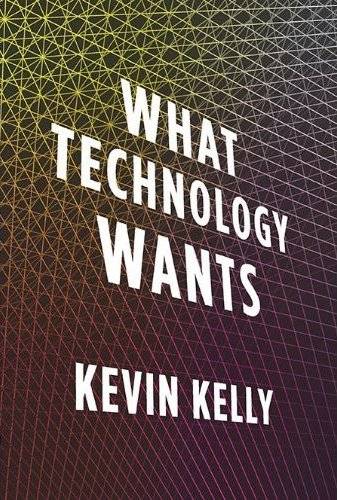Tech issues don’t move the needle in national elections like yesterday’s, but below I’ll make some general observations, followed by a few on winners and losers in issue areas I cover.
All in all, I think it’s a good election result.
We’re back to divided government. The acute tension between the Republican House and Democratic Senate and president is likely to produce fiscal rectitude, and only legislation on which there is something close to true national consensus will pass.
Neither the Republicans nor the Tea Party movement were awarded any kind of sweeping victory, so they are unlikely to overplay their hands or take public support for granted. They must work to advance their aims by persuading more Americans that their philosophies and leadership are meritorious.
Democrats should, of course, be chastened. They’re rightly paying the price for the careless, go-for-broke strategy they used in the 111th Congress, to pass their sprawling, intrusive health care regulation, for example.
Here’s to at least two years of welcome gridlock.
Now, there were some notable losses among tech-focused representatives. The most worrisome loss is Senator Russ Feingold (D-WI), who has been a consistent and persistent overseer and skeptic of the growing surveillance state. I don’t see anyone to step up and take his place. Privacy lost big in the Wisconsin election.
I’m bucking consensus on the loss of Rick Boucher (D-VA) in the House, at least as far as privacy goes. (On copyright and some telecom issues, I’ll take Mike Masnick’s word.) Boucher is a nice guy and a careful legislator, but his popularity among the Washington, D.C. tech lobby, I think, was a product of lobby-legislator symbiosis, not his actual backing for the interests of tech innovators.
For at least a decade, Boucher has been an advocate of “baseline privacy legislation” that never actually had a serious chance of passing. The result was that tech lobbyists could always report to the home office that they had something to do, and tech trade associations could garner corporate support for all those noon-time strategy meetings over sandwiches—without generating a true threat to the business models of the companies they (purport to) represent.
My point is not that Boucher should have advanced his privacy legislation—it’s not going to be federal law that delivers privacy. I’m just not unhappy that he’s gone. (Not that far gone. Watch for him to take a job somewhere in the D.C. tech lobby. Knowing nothing about his plans, I’d give it a greater than 50% chance.)
The tech lobby will actually have some work to do under Boucher’s likely successor in the role of Democratic tech/consumer protection leader. Ed Markey (D-MA) is a partisan and an ideologue who will actually require the tech lobby to defend itself. He’s canny enough to have decent influence even from his perch in the minority.
UPDATE w/additional thought: Democrat Richard Blumenthal, elected to the Senate from Connecticut, is a technophobe demagogue—or plays one on TV, which is what matters. He went to war against Craigslist to boost his campaign, and his win is a notable loss for tech and free speech.
But—really—the fate of our privacy, the fate of our tech sector, and the fate of our country and society shouldn’t turn on elections. We are not defined by these people, who go to Washington, D.C. to sit atop the coercive authority machine for a while. Elections come and go. I’ll continue to work on returning power to civil society where it belongs.



 The Technology Liberation Front is the tech policy blog dedicated to keeping politicians' hands off the 'net and everything else related to technology.
The Technology Liberation Front is the tech policy blog dedicated to keeping politicians' hands off the 'net and everything else related to technology.